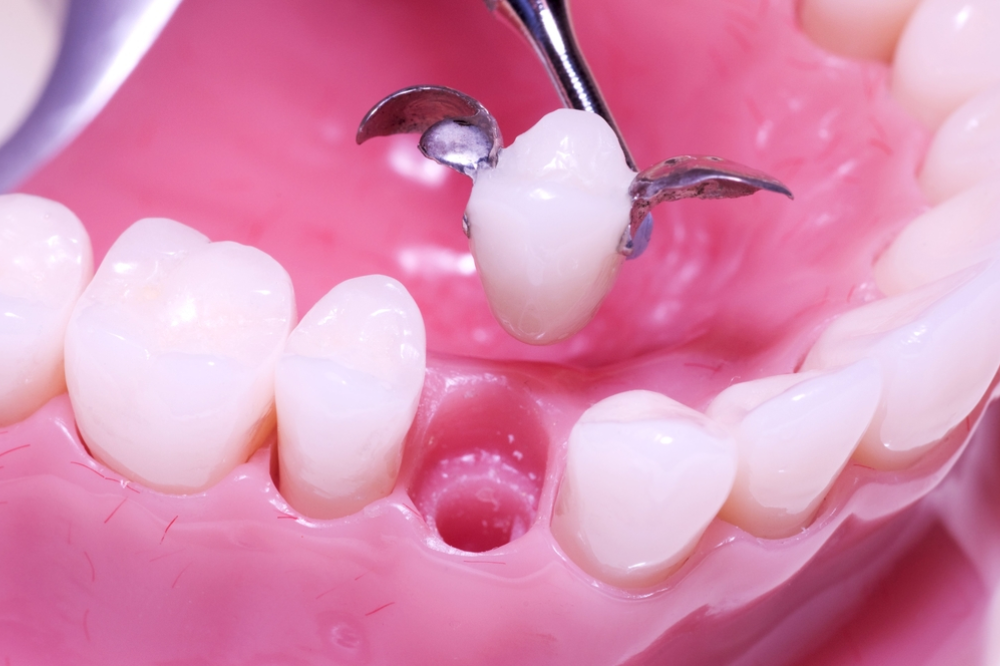Maintaining good oral health is crucial not only for achieving a beautiful smile but also for promoting overall well-being. Dental bridges are a popular solution for replacing missing teeth, restoring functionality, and enhancing the aesthetics of your smile. However, like any dental restoration, acquiring dental bridges near you comes with its own set of potential problems.
Understanding these common issues and taking preventive measures can help you avoid complications and ensure the longevity of your dental bridge. Let us start with understanding what are dental bridges.
Understanding Dental Bridges
Dental bridges are fixed dental prosthetic devices used to replace one or more missing teeth. They are designed to “bridge” the gap created by missing teeth, restoring both the functionality and appearance of the dental arch
Dental bridges are a suitable option for individuals who have one or more missing teeth and meet certain criteria. The decision to get a dental bridge is usually based on factors such as the patient’s oral health, the condition of the adjacent teeth, and their overall medical history. Here are some considerations for individuals who may be eligible for dental bridges:
- Good oral health
- Adjacent teeth in good condition
- Sufficient bone support
- Optimal Overall health
- Commitment to oral hygiene
- Financial Considerations
Now that you have gained an understanding of dental bridges, let’s delve into common issues that may arise with them and explore preventive measures.
Poor Oral Hygiene
One of the most common dental bridge problems is poor oral hygiene. Failing to brush and floss regularly can lead to plaque buildup, causing decay in the supporting teeth. To avoid this problem, maintain a diligent oral care routine. Brush your teeth twice a day and floss regularly, paying extra attention to the bridge area.
Gum Disease
Dental bridges can become a breeding ground for bacteria, leading to gum disease if proper care is not taken. Gingivitis and periodontitis are common issues that can compromise the stability of the bridge. Regular dental check-ups and professional cleanings are essential to prevent and detect early signs of gum disease.
Fit and Stability Issues
Poorly fitted dental bridges can result in discomfort, speech difficulties, and even damage to surrounding teeth. Always consult with an experienced dentist who can ensure a precise fit for your dental bridge. A well-fitted bridge not only enhances comfort but also extends the lifespan of the dental restoration.
Chipping and Fracturing
Dental bridges are crafted from durable materials, but they are not invincible. Chipping and fracturing can occur due to factors like teeth grinding, biting on hard substances, or accidental trauma. To prevent damage, avoid chewing on ice, hard candies, or using your teeth as tools. If you suffer from bruxism (teeth grinding), discuss with your dentist about a suitable mouthguard.
Decay in Supporting Teeth
The teeth supporting the dental bridge are susceptible to decay if proper oral care is neglected. Regular dental check-ups are vital for monitoring the health of these anchor teeth. Early detection of decay allows for timely intervention, preventing further complications.
Food Impaction
Food particles can get trapped around the dental bridge, leading to discomfort and bad breath. To avoid this problem, use dental floss specifically designed for bridges or an interdental brush to clean hard-to-reach areas. This simple habit can prevent food impaction and promote overall oral health.
Sensitivity Issues
Some individuals may experience heightened sensitivity after getting a dental bridge. This sensitivity can be temporary or indicative of an issue with the bridge. Communicate openly with your dentist about any discomfort or sensitivity you may be experiencing. Professionals can make necessary adjustments to ensure your comfort.
It’s important for individuals considering dental bridges to discuss these potential problems and any specific concerns with their dentist or prosthodontist to determine the most suitable treatment option. Additionally, maintaining good oral hygiene, attending regular dental visits and following the above-mentioned tips for maintaining dental bridges can help prevent and address many of these issues.
Unlock the potential of your smile with Cambie Broadway Dental
Discover a brighter smile at Cambie Broadway Dental! Our experienced team of dentist in Vancouver are committed to providing personalized and quality dental care. From routine check-ups to advanced dental procedures, we ensure that your smile receives the attention it deserves.
Schedule your appointment today and let us help you achieve optimal oral health with a touch of care and expertise!

